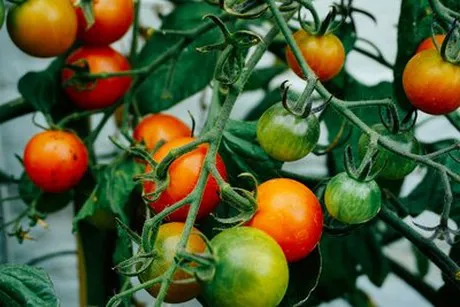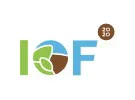Iof2020 conducted a research on water consumption in greenhouses and how this can be reduced through the use of IoT technology.
The company explains, "Our use case Chain-Integrated Greenhouse Production relies on IoT technology to ensure quality and transparency in the entire tomato supply chain. The improved quality is achieved by the precise application of resources like pesticides and water. On this latter part, the use case currently made some great achievements."
"One participating farmer reported a 35% reduction of water use in the first month of the pilot. They achieved this with the help of a soil water content sensor. But, the use case also makes use of other combinations of IoT technologies. They collect data from sensors, field notebooks, laboratory analysis and models. Since it is only in the first stage of execution, we might expect great reductions on other resources too."

Additionally, the company points out that, "The collected data will be used to create a Decision Support System (DSS) that all parties in the tomato supply chain have access to. The data collection will lead to standardized information, which will increase interoperability along the production chain. For instance, all parties know the exact date and time of when tomatoes are harvested, stored and shipped. This results in easier quality as well as safety management alongside tastier produce and operational processes."
"On top of that, the improved quality and the transparent supply chain also have a positive impact on the producers’ profitability: Improved information and less resources will significantly save costs. However, that’s not all. These endeavours are of great significance to a healthy environment as well. The use case aims to reduce food waste, carbon emissions, the use of pesticides, water and energy.", the team with the company explains.
"Finally, this system makes the supply chain very transparent. Not only for the stakeholders in the value chain, also for the consumer. It provides the consumer with real-time information about the food they purchase. If it’s up to this use case, you might celebrate the birthday of your tomatoes in the future", the company concludes.
For more information:
IoF2020
iof2020.eu
